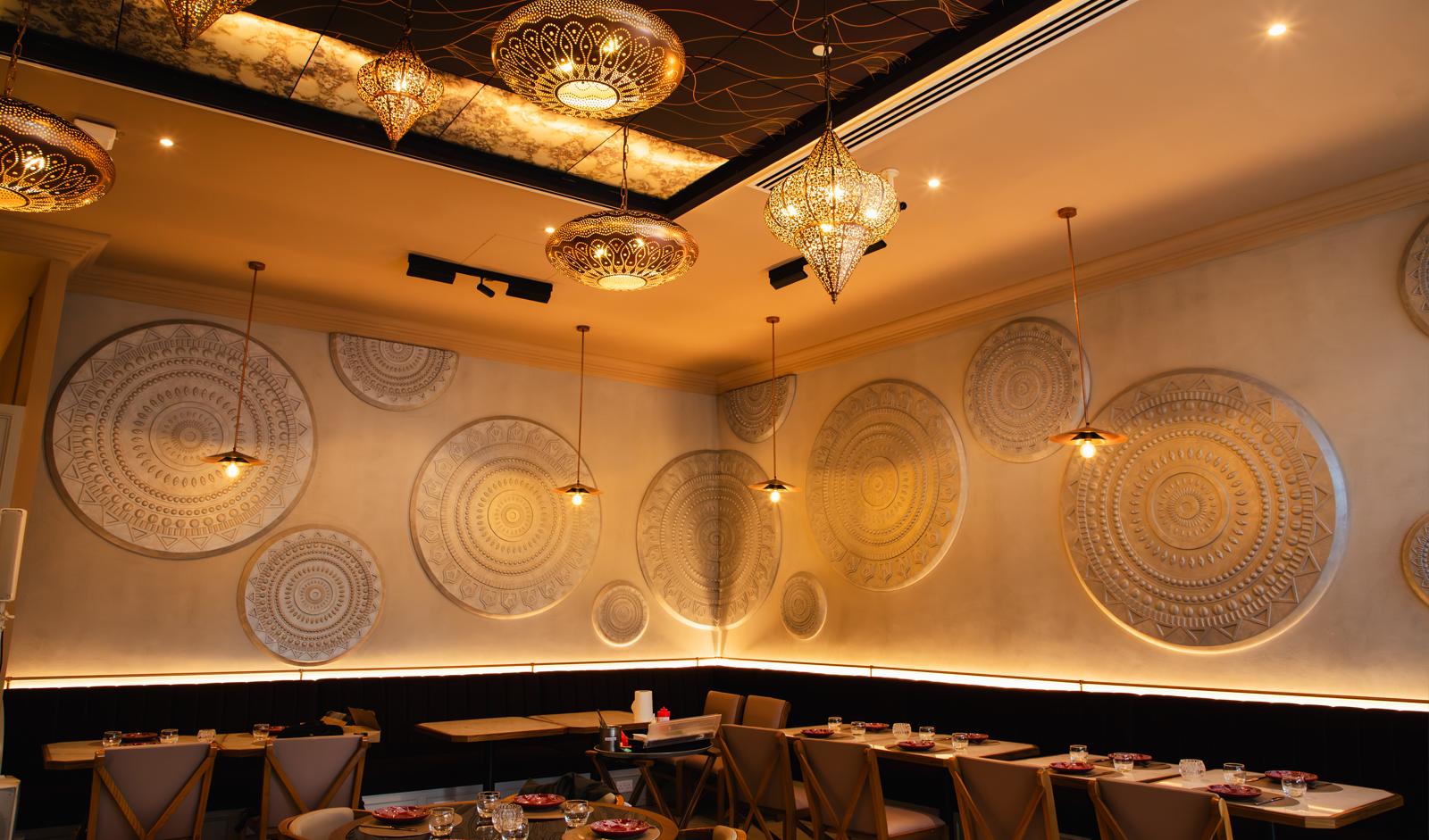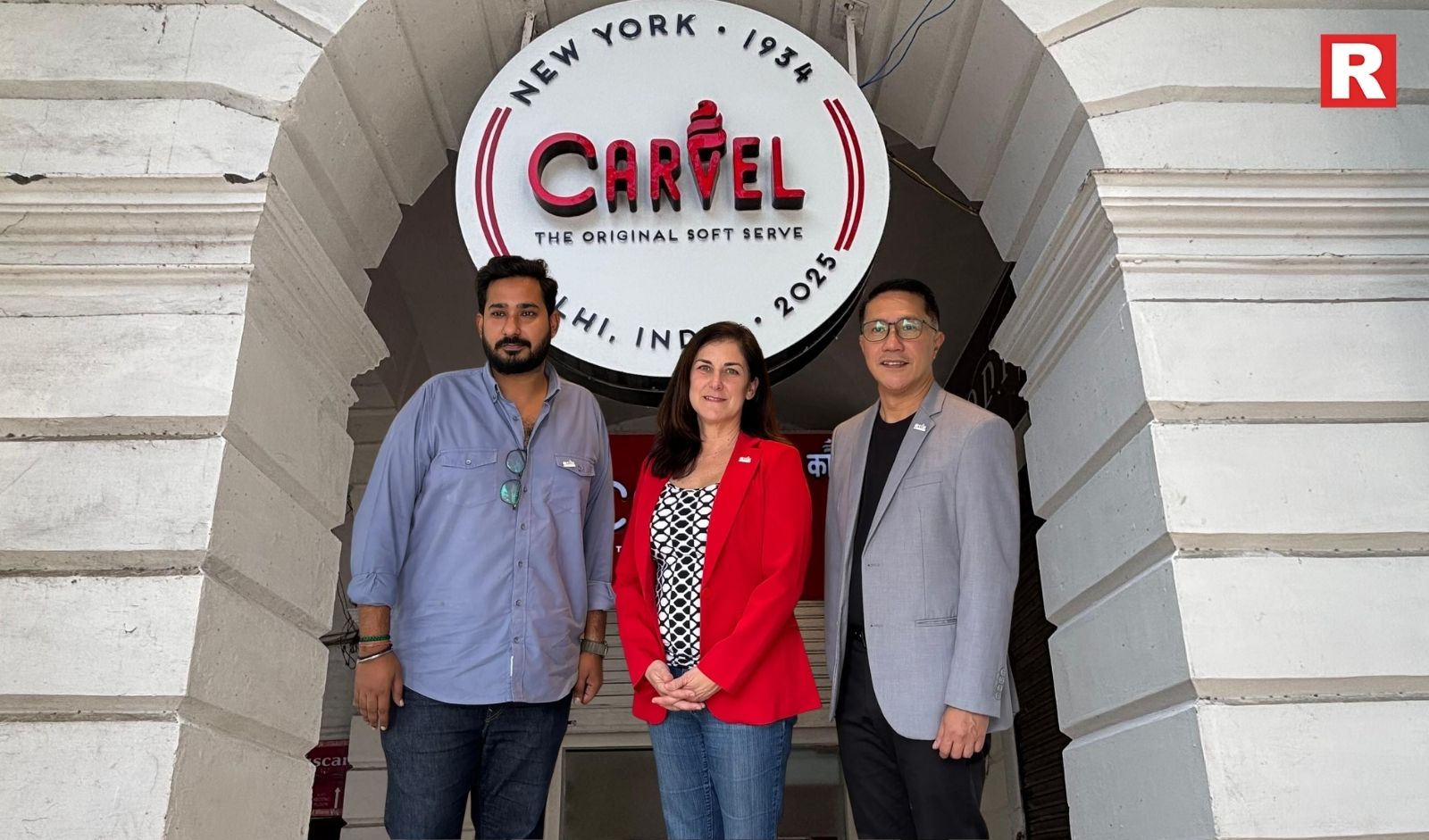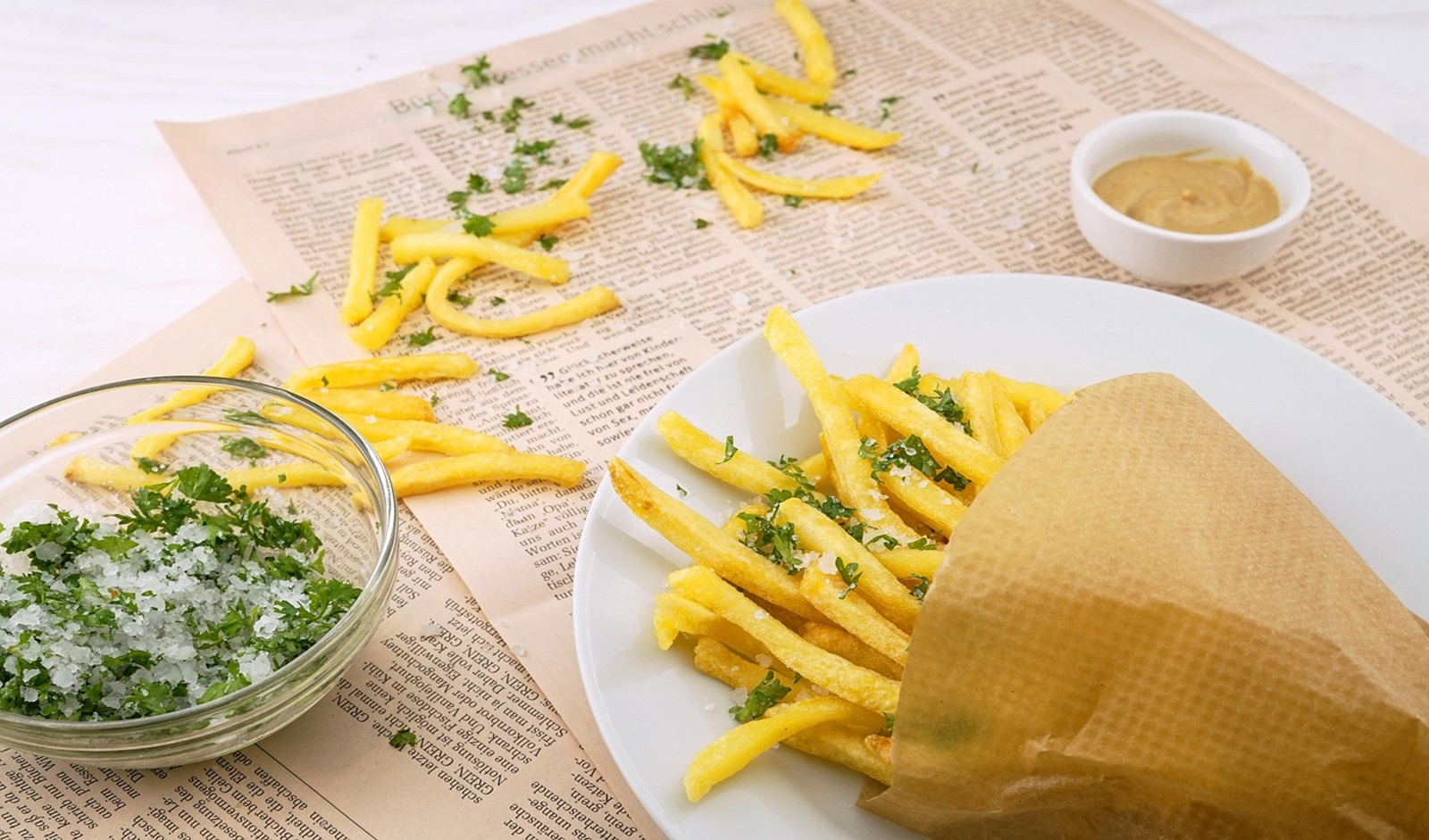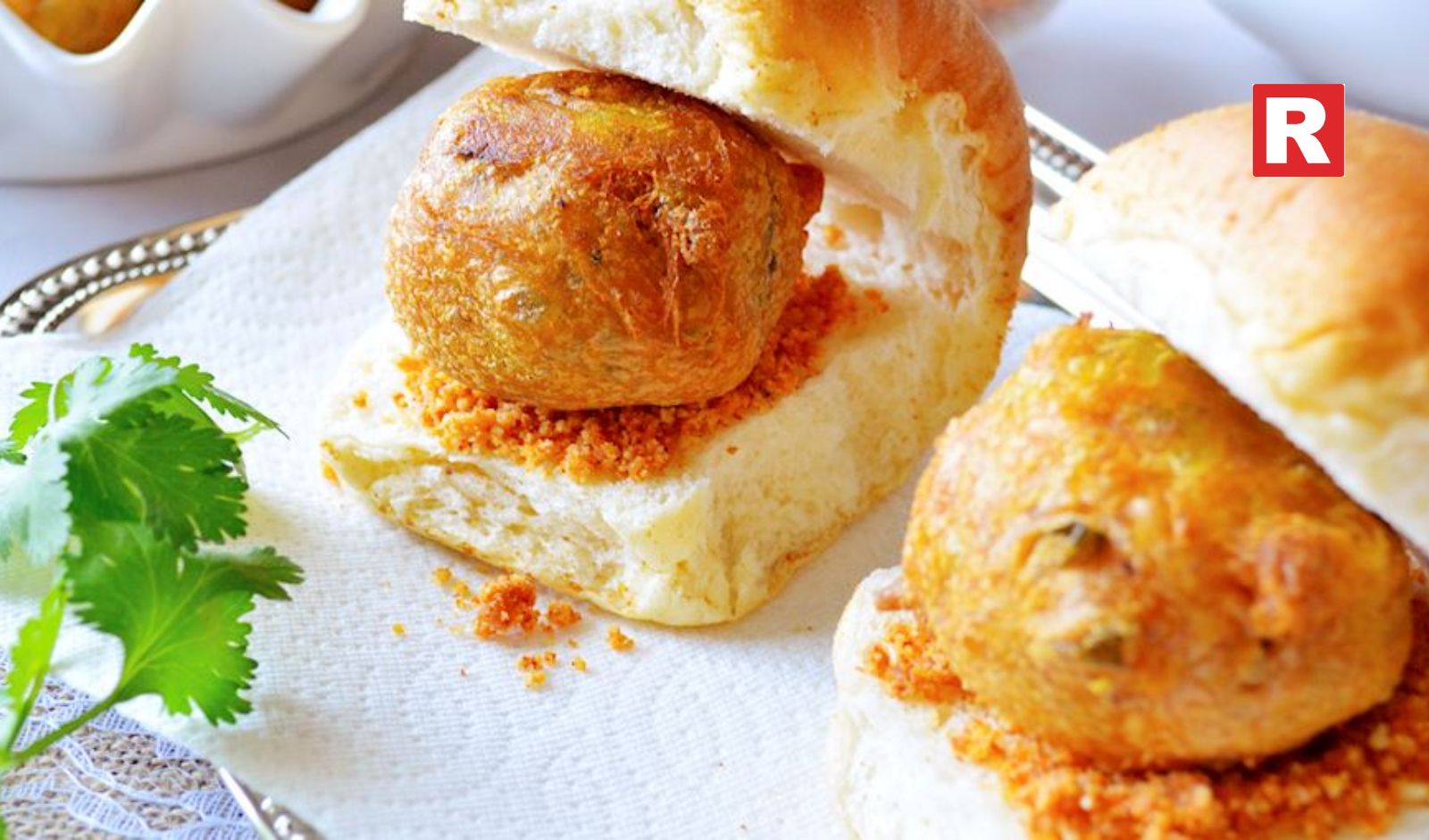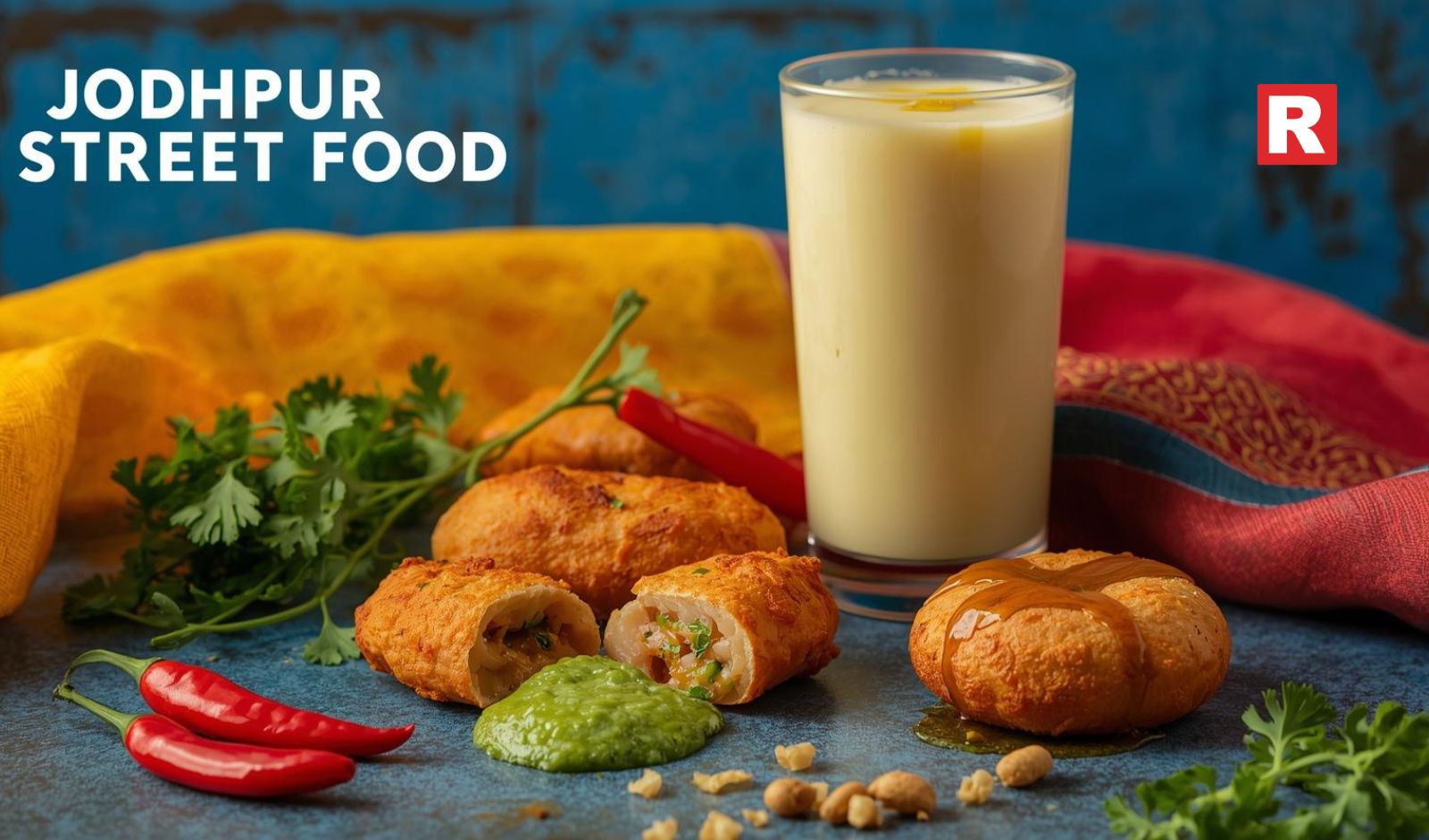
Riding on the success of his flagship UAE concept, celebrated chef, author and actor Ranveer Brar unveils the next chapter of Kashkan, a vibrant tribute to storytelling, rooted traditions and the shared language of food.
Kashkan Kissaghar marks the evolution of a brand that has redefined Indian dining in Dubai, blending soulful culinary heritage with contemporary design and global technique. Located at One Sheikh Zayed Road, H Hotel, this new opening cements Brar’s vision in the heart of the city, creating a culinary landmark for residents and visitors alike.
A House of Stories
Kashkan Kissaghar isn’t just a restaurant. It’s Brar’s personal love letter to Dubai. “Food has always been a giver,” says Brar. “Dubai reflects that spirit, layered, inclusive and endlessly inspiring. We are calling this the Kashkan Kissaghar, the house of stories. A space where flavours tell stories, where every dish carries a memory, and every guest becomes part of the narrative.”
Every detail of the design is intentionally layered: The Banyan Tree feature symbolises connection and resilience; the Mandala Wall channels Himalayan serenity; the Wishing Wall invites guests to weave hopes into acts of kindness; and traditional Lippan art celebrates craftsmanship and community. Together, these elements reflect Dubai itself, a place where heritage and modernity live side by side.
A Culinary Journey Across India
With over 20 million followers worldwide and a career that spans iconic kitchens from Goa to Boston, Brar has long been recognised for reimagining Indian culinary heritage for a global stage. At Kashkan Kissaghar, he continues this mission with a menu inspired by the length and breadth of India, celebrating regional diversity, forgotten classics and ingredient-led storytelling.
The menu features a dedicated cocktail programme that mirrors the culinary philosophy, weaving spice, seasonality and storytelling into every pour.
The menu is traditional yet innovative at the restaurant, from Kaddu Kachori, to saag Burrata and Naga Black Chicken Curry with Sticky Rice and Bamboo Pickle, the restaurant has played with Dubai Style Pistachio Kunafa, Chocolate Mava Cake, Badbi Pudding- a trio of indulgent desserts inspired by the city’s multicultural palate, blending tradition with innovation.
A Conscious Culinary Vision
An ambassador for millets and sustainable cooking, Brar’s collaborations with the Federation of Indian Chambers of Commerce & Industry, World Wide Fund for Nature and International Crops Research Institute for the Semi-Arid Tropics reflect his commitment to conscious gastronomy. This ethos is woven into Kashkan Kissaghar, from thoughtful sourcing and ingredient provenance to the design philosophy.
Located in Dubai, Kashkan is a modern Indian restaurant conceptualised by Chef Ranveer Brar. Its name, inspired by the ancient term for “story house,” reflects its purpose as a place where flavour, art and human connection intertwine. Drawing inspiration from India’s regional cuisines and spiritual architecture, Kashkan combines craftsmanship, culinary heritage and mindful dining in an immersive, elevated experience.

Carvel, the iconic American brand credited as the inventor of soft serve, is making its highly anticipated entry in India. With a Rs 40 crore investment planned over the next five years, the company aims to open 100 stores across key metros and tier-2 cities. But rather than merely replicating its international model, Carvel is taking a carefully localized approach to carve out its space in India’s competitive dessert market.
“In a QSR ice cream business, we need to have the right ratio of localization while still ensuring that the heritage is adapted and executed,” said Sumer Sethi, CEO & Founder at UNIFY Foodworks, who has partnered with the brand for India expansion. Excerpts:
Localisation as Key
The thought process has gone into who the consumer is while still retaining the heritage, international DNA of the brand. In India, if you do not have anything with gulab jamun or Indian filter coffee or a kasata, we felt it was an incomplete offering. This localization strategy comes to life through innovative menu offerings that blend Carvel’s signature soft serve with Indian flavours. Some of the highlights include Indian Filter Coffee Dasha, Kasata Dasha, and a Gulab Jamun Lava Sundae.
Heritage Meets Innovation
India’s quick-service dessert segment has witnessed rapid growth in recent years, with both homegrown and international players vying for market share. Carvel’s strategy hinges on leveraging its heritage, product defensibility, and offline experiential strength. I look at competition in a very positive way. Competition means the category is growing. It’s very difficult to imitate our product. We also saw that there were a lot of B2C brands coming up online, but there were not enough offline players trying to elevate the offline experience. By focusing on physical retail experiences, Carvel aims to stand apart in a market where many dessert brands are heavily digital-led. We are the ones innovating in the offline space where everyone else is innovating on the digital side of things.
Consistency in focus
To maintain consistency across multiple cities, Carvel has invested significantly in supply chain integration and logistics infrastructure. We’ve invested heavily in core logistics, backend integration of supply chain to ensure that this product comes to life in the store with this texture, consistency and price. Human capital is another key pillar. The company aims to create over 1,000 jobs through its store network and has developed digital SOP training modules from the outset. There’s a lot of investment that has gone into creating a digital SOP training module that will be translated into service and the product experience.
Road Ahead
Currently self-funded, Carvel is open to institutional funding as the brand scales. The business would require institutional funding at some point in time. When is that time and what scale will differ from person to person. Right now, we’re self-funded and we’re good to go with that. The brand also plans to build a strong digital presence through heritage-led storytelling and loyalty programs. Carvel’s India entry isn’t just about bringing an American dessert brand to new consumers—it’s about thoughtfully adapting a heritage concept to local preferences while maintaining global standards. By combining flavour innovation, operational discipline, and strategic expansion, Carvel aims to redefine how Indians experience quick-service desserts. With its heritage as its backbone and India’s evolving dessert culture as fertile ground, Carvel seems poised to create a unique niche in the market.
Carvel’s India expansion will focus first on metros like Bengaluru, Hyderabad, Mumbai, and Delhi before entering tier-2 cities. The brand has earmarked Rs 40 crore to set up 100 stores over the next five to six years, signaling a steady and strategic rollout.

Jamba, an American quick-service restaurant who started their journey in 1990, known for its Whirl'd-famous smoothies, opens its very first outlet in Mumbai, India. Jamba has over 850 locations across 36 states in the US and countries like Australia, Singapore, The Philippines, Taiwan, South Korea, Thailand, and Indonesia, captivating taste buds worldwide. This major brand expansion opens up a new market for the company's freshly blended smoothies. With grab-and-go and in-store dining options, the Jamba location in Bandra West, Mumbai, caters to those who are constantly on the go and provides a convenient and enjoyable experience.
"As we expand into the Indian market, we’re thrilled to bring our unique offering of made-to-order smoothies, juices, and snacks to a region with such a vibrant food culture,” said Steven Yang, Senior Vice President, APAC at GoTo Foods International. “The demand for innovative and customizable flavour options is growing rapidly here, and we see incredible potential for our portfolio of brands to connect with consumers. This is more than just a business opportunity; it’s a chance to become a part of the daily routines and lifestyles of this community."
Haritha Ghattamaneni, Director at Vihaga Ventures shared, "We're thrilled to finally bring Jamba to this dynamic market. I see a lot of potential for Jamba’s growth in India as we don’t have an authentic smoothie brand. We plan to open at least 10 locations by the end of next year. Our commitment to offering delicious, fulfilling, and convenient food and beverages aligns perfectly with the increasing health consciousness among Indian consumers and we’re excited to become a beloved part of the Indian food scene."
Jamba wants to expand all around India. The first major cities which will have the brand are Hyderabad, Bengaluru, Delhi, Mumbai, and Delhi. As it expands, Jamba will focus on providing Indian customers with a personalized experience. The menu features a wide range of foods, including as bowls, juices, and smoothies, that are produced with real ingredients.
|
|
Copyright © 2009 - 2025 Restaurant India.





